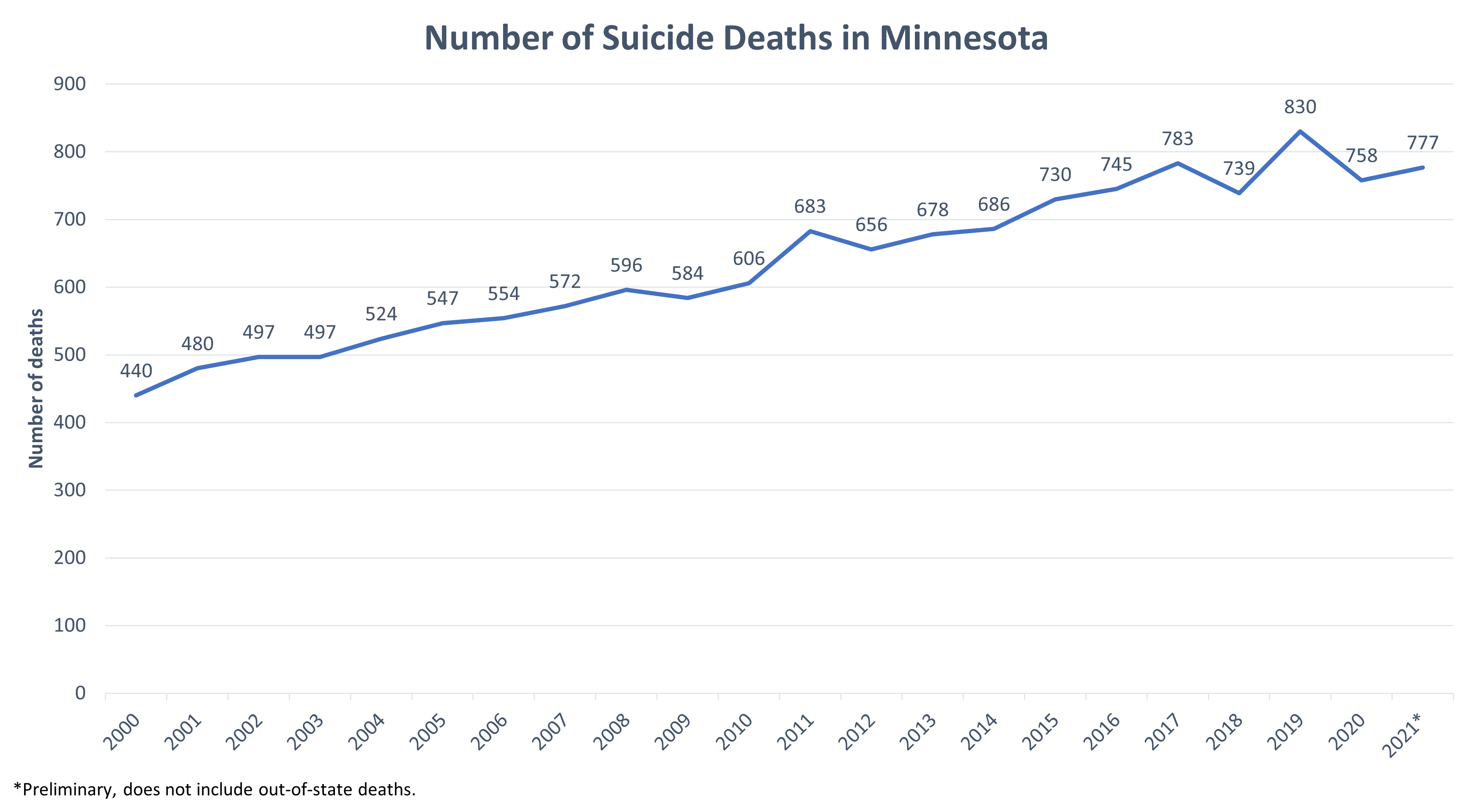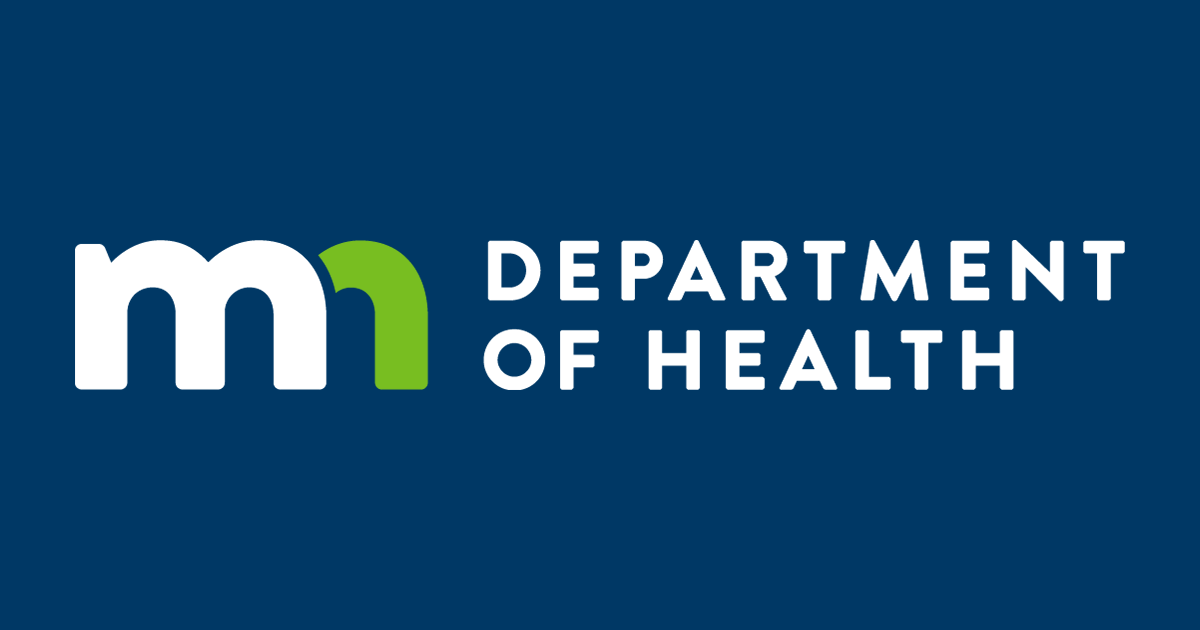[ad_1]
News Release
Sept. 19, 2022
In observation of September as Suicide Prevention Awareness Month, health officials are reminding Minnesotans that suicide is preventable, recovery is possible, and help is available at any time by calling 988.
Earlier this summer, the U.S. rolled out a nationwide three-digit dialing code – 988 – as a way to access suicide prevention and crisis support. Since switching to 988 on July 16, calls to Minnesota’s four call centers have increased 44%. Minnesota has also seen a 173% increase in web chats (since January 2022) and 250% increase in texts to 988. The increase is believed to be in large part because the new 988 dialing option made it easier to remember how to access a trained counselor for suicide support and resources. Minnesota received 33,887 calls, 4,099 chats, and 1,306 texts in 2021.
The 988 Suicide & Crisis Lifeline and Minnesota’s four call centers offer support 24 hours a day, seven days a week.

There continues to be a great need for 988 support services as suicide, or death by intentional self-harm, has been steadily rising in Minnesota for the past 20 years. According to preliminary data, there were 777 suicides in 2021, mirroring trends across the United States. This is the seventh straight year in which more than 700 Minnesotans died by suicide. In addition, each year in Minnesota there are more than 10,000 self-harm or suicidal injuries treated by health care providers.
“We know the last few years have been incredibly challenging mentally, emotionally and physically for many Minnesotans,” said Minnesota Commissioner of Health Jan Malcom. “Please take advantage of this awareness month to check in with the people in your life, and consider reminding them that the 988 Suicide & Crisis Lifeline is available for anyone in need of crisis or mental health support.”
Local leaders, community organizations and employers can take steps to prevent suicide:
- Share resources on 988 and other crisis services.
- Bring suicide prevention training to your school, faith community, workplace or other community.
- Share suicide prevention messages and resources through social media. The Suicide Prevention Awareness Month messaging toolkit can help you get started.
- Promote other programs within the community that encourage positive healthy activities and places for connection.
Minnesota’s four 988 call centers are Carver County Health and Human Services, Mental Health Crisis Program; First Call; FirstLink; and Greater Twin Cities United Way.
The 988 Suicide and Crisis Lifeline is one among several ongoing Minnesota initiatives to prevent suicides, including mental health training for school staff and the Zero Suicide Initiative.
Minnesota started providing the Kognito At-Risk mental health training for school staff at no cost in May 2020. Kognito At-Risk is a virtual training that provides role-playing simulations to help educators and school staff gain an understanding of mental health and recognize the signs of distress. More than 13,215 school staff members in Minnesota have taken Kognito At-Risk.
In addition, Kognito’s Friend2Friend is a student curriculum for grades 6-12 that teaches about emotional and mental wellness, and how to support classmates that may be struggling. To date, 757 students in eight school districts have completed Kognito Friend2Friend.
Another initiative is Zero Suicide, which is a framework to improve the suicide and self-harm care within health care and behavioral health clinics and organizations. This initiative helps identify people with thoughts of suicide and connects them to resources and treatment. It also focuses on ensuring clinicians and staff receive adequate training as it relates to suicide prevention and intervention. In Minnesota, 36 health and behavioral health care systems have committed to adopting the Zero Suicide framework and have completed the initial Zero Suicide training.
For those communicating about suicide or doing a news story, please review MDH’s Safe Messaging around Suicide (PDF).
-MDH-
Media inquiries:
Scott Smith
MDH Communications
651-503-1440
scott.smith@state.mn.us
[ad_2]
Source link

